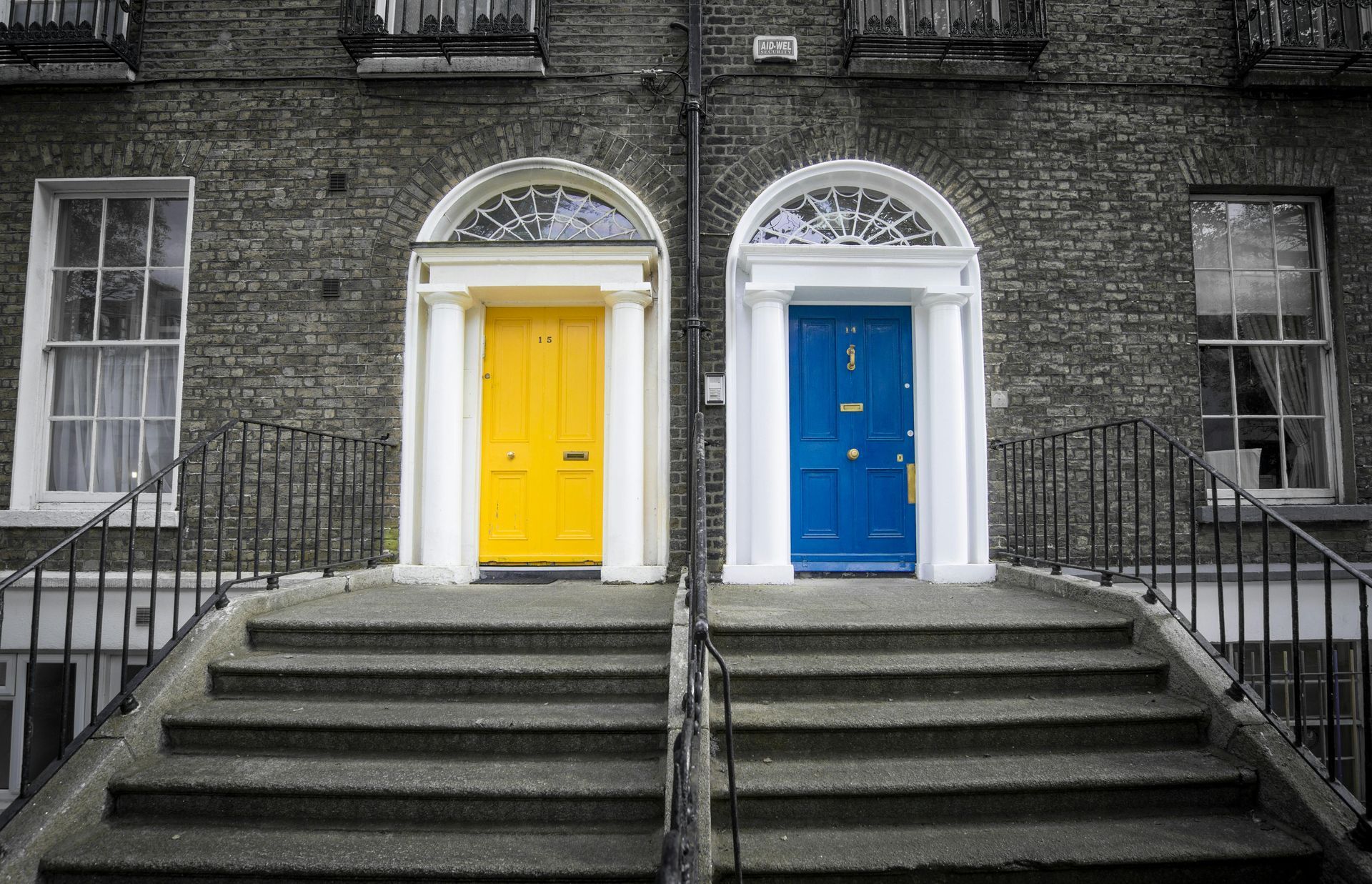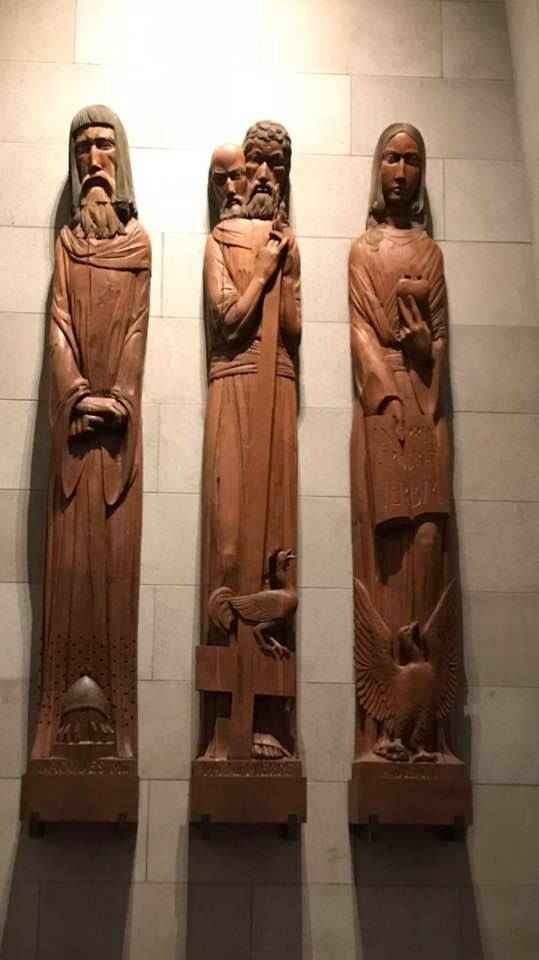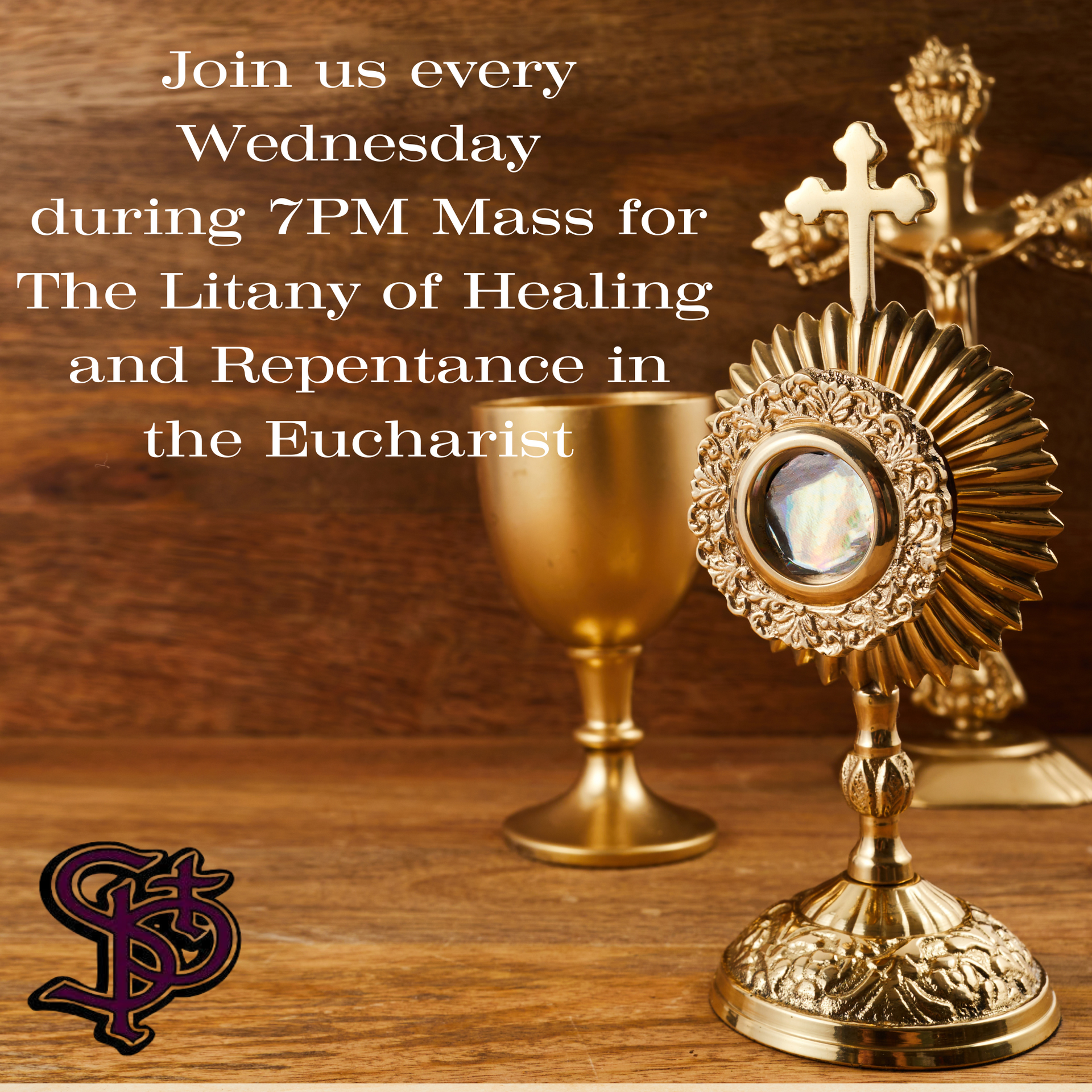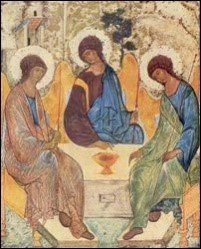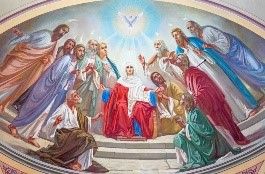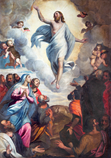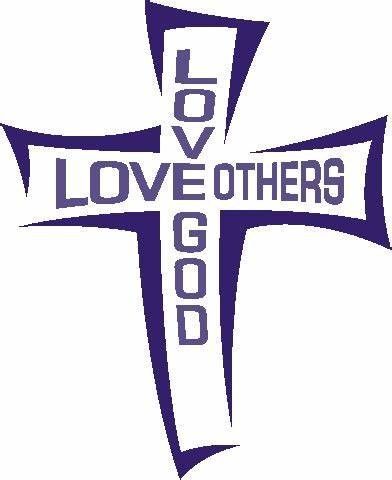Faith Hope Love
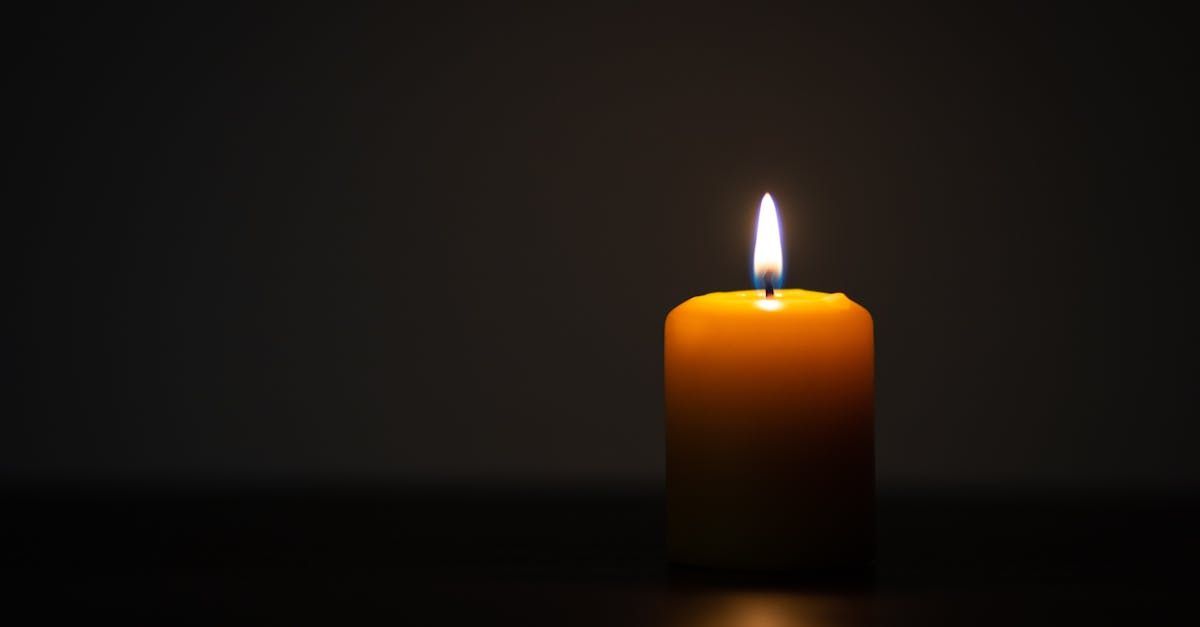
Joke: Three highly decorated police officers die in a wild shoot-out with narcotics dealers and go to heaven. God greets them and asks, "When you are laid out in your casket, and your fellow officers and family are mourning you, what would you like to hear them say about you?" The first cop says, "I would like to hear them say, that I was the bravest cop on the force." The second police officer says, "I would like to hear that I was a terrific cop who died in the line of duty." The last cop replies, "I would like to hear them say ... 'Look, he's moving!"
In all of today’s readings, we are invited to examine our faith, hope, and love. How is our faith in the Lord, especially when we have to face any illness, sickness, or any challenge of life? What do we hope in this walk of life? What is love for you at this moment?
In today’s first reading, taken from the book of Wisdom, the author reminds us that God has created us in his own image, and because of love, he comes to heal us from illness and sickness and even raises us back to life again. The love of God is to bring healing and to restore life, what is love for you towards others? “For,” the author of the book of Wisdom says, “God formed man to be imperishable; the image of his own nature he made him.” We might want to ask ourselves, if God created us imperishable, in his image and likeness, he created us, how come sickness and illness enter into our life, even death that we cannot avoid? To answer this question, the author of the book of Wisdom reminds us that, “by the envy of the devil, death entered the world, and they who belong to his company experience it.” In other words, the moment that we are envious of our brothers and sisters, the moment that we experience illness and sickness and even death. It is the moment that we are reminded that we are created in the image and likeness of God to stay away from evil temptations who always try to separate us from God. The next question is how can we be on God’s side at a time when we are envious of our neighbors who have what we don’t have? How can we get rid of our greed, our pride, and our self-center? Or put it together: How can we be on God’s side when our human desires and needs are never satisfied? Is it possible that envy is the root of the distortion of love?
To answer this question, we are invited to acknowledge our human weaknesses and limitations and to allow the Lord to touch us and heal us. This is portrayed so well under the pen of Saint Mark described in today’s Gospel, that when we surrender ourselves with a total faith in the Lord Jesus Christ, our hunger and thirst for a better human condition will be satisfied. A daughter of a synagogue official was dying and the lady was inflicted with hemorrhages for twelve years, these two ladies were in a hopeless situation. However, with deep faith and trust in the Lord, they were brought back to a normal and healthy stage of life. Jairus, the synagogue official, represented power here on earth that he could give an order to demand Jesus to come to his presence, but he didn’t do it. He humbled himself and acknowledged the need for Jesus, and he reached out to him and begged him to come to lay hands on his daughter. The woman with hemorrhages represented the powerless or rather hopelessness, a condition in which a person bled too much. She couldn’t stop the flow of blood. She heard about Jesus, and she came and touched his cloak with a hope of healing that she was healed immediately. Both Jairus’ daughter and the woman afflicted with hemorrhages were the daughters of hopelessness. Even in the moment of hopelessness, they were healed because of their faith in Jesus. In this powerful healing, we might want to ask ourselves: On one hand, who is Jesus that said, “Talitha koum,” which means, “Little girl, I say to you, arise!” The little girl was dead comes back to life again? On the other hand, the lady with hemorrhages is considered a sinner, but how come she is healed by touching Jesus’ garment?
To answer these questions, Saint Paul, in his meditation on the acts of Jesus described in today’s second reading says, “For you know the gracious act of our Lord Jesus Christ, that though he was rich, for your sake he became poor, so that by his poverty you might become rich.” In other words, Jesus Christ, though he is God, lowers himself and vests on himself our human flesh so that we might be saved from illness, sickness, and even death itself. By coming to us in our human flesh all who have faith in him, come to him, touch him, especially in the Eucharist, they might be saved from any illness, sickness, and brokenness of life. Have you believed it?
Both the hopeless ladies: The daughter of the synagogue official and the lady afflicted with hemorrhages, how did they show their faith in the Lord Jesus? They couldn’t. The little girl was dying. She was dead when Jesus was on his way, so she couldn’t do anything except her father’s help to run to Jesus to seek help. Jairus, the father of the hopeless little girl, did not only believe that Jesus could heal his daughter, even at the moment of receiving the bad news that his daughter was dead. The lady afflicted with hemorrhages says to herself, “If I but touch his clothes, I shall be cured.” One interesting commonality between these two people, the synagogue official and the lady with hemorrhages that they both took an active act not just by mumbling the words to Jesus but by coming, begging, and touching the cloak of the Lord Jesus. He who touched the heart of Jesus, his daughter was brought back to life again. The lady who touched his clothes, blood immediately stopped bleeding. Have you and I ever touched the heart of Jesus, his cloak? Or how would we know that we touched his heart or his cloak? Have you and I been able to believe that we’ve touched the heart of Jesus and that he has allowed us to breathe fresh air in this walk of life? Every time we receive the Eucharist, is that the Body of Christ we received or a piece of bread that we consumed? Is there anything within us that prevents Jesus from touching us and healing us from any illness, sickness, and brokenness of life? The synagogue official humbled himself and acknowledged the need for God that he came to him for help, have you and I had that humility to acknowledge the need for God in our life? What can we do to show that we need God in our life? Is that just to read the Bible and to pray at home enough to show that we need God in our lives? Some people advised Jairus to stop bothering Jesus cause his daughter was dead, what is that in him still pushing him to bring Jesus to his house even though his daughter was announced dead? Is there any difficulty or challenge in life that might cause you and me to doubt or lose faith in the Lord Jesus? How should we overcome this moment of temptation? The decision is yours.
Happy Independent Day

